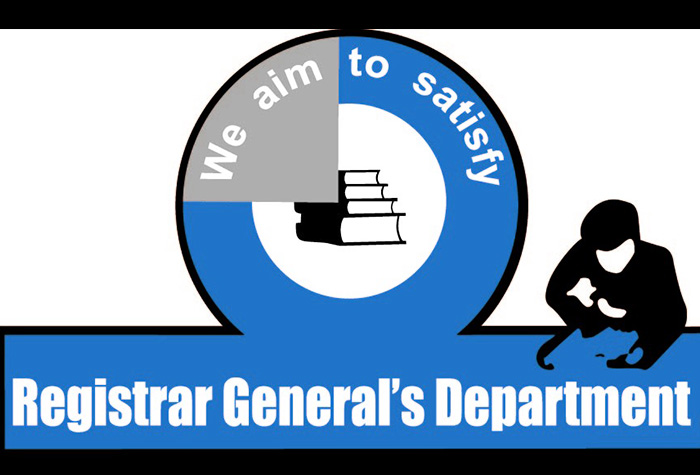RGD Aims at Universal Civil Registration for Births by 2030
By: , October 20, 2022The Full Story
Deputy Chief Executive Officer at the Registrar General’s Department (RGD), Tameka Clough, says the agency is working to achieve universal civil registration for births by 2030.
During a panel discussion at the recent 2022 Service Excellence Conference, Ms. Clough explained that the RGD has a well-functioning civil registration and vital statistics system that registers all births and deaths as well as issues birth and death certificates. It also compiles and disseminates vital statistics, including information on cause of death.
She noted that with the system in place, “we would have achieved about 100 per cent for stillbirths,” and the agency is currently working to achieve universal civil registration for births by 2030.
Ms. Clough highlighted that in 2006, 55 per cent of babies were registered within the same month. “So, if I was born in September, I would be registered in September and that would be about 55 per cent of children,” she said.
However, since the implementation of its bedside registration initiative in 2007, the RGD has been more effective and efficient in carrying out registrations. The agency has Registration Officers who operate directly from various hospitals across the country, registering children once they are born.
This has resulted in an increase in the number of children who have been registered.
The Deputy CEO shared that “once we did registration by the bedside, that immediately shot up and by the end of 2007 we were at 96 per cent”.
“Every year since, we have steadily increased, and by 2020, we were at 97 per cent. So, in achieving universal civil registration for birth, Jamaica is almost there,” she added.
In addition to the implementation of the bedside registration initiative, the RGD also implemented the ‘Free First Birth Certificate’ initiative in 2007, which played a vital role in the increase in birth registrations.
“The Free First Birth Certificate is a special initiative for mothers who gave birth and registered their children with a name to be entitled to one free copy of their birth certificate,” Ms. Clough explained.
She noted that while almost 500,000 birth certificates have been issued under the initiative, the agency has taken on a print-on-demand approach, as there were persons who did not readily visit the RGD to pick up the free copies of the birth certificates.
Ms. Clough urged parents whose children were born after April 2007 to visit the RGD and pick up their free copy.
Emphasising the importance of having a birth certificate, the Deputy CEO pointed out that it is not so much an achievement for the RGD as it is for the citizens of Jamaica.
“A birth certificate is a foundation document for many other types of identification, including a passport and a national identification card,” she noted.
“It is also a requirement for accessing a range of social services, including education, health, and social welfare services such as the Programme of Advancement Through Health and Education (PATH) and other services provided by the Government of Jamaica.
Access to these services, especially for the most vulnerable, is important in addressing issues of poverty,” Ms. Clough added.
The RGD is mandated by law to collect, record and curate data and information on all births, stillbirths, adoptions, deaths, marriages, deeds, wills, and powers of attorney.

